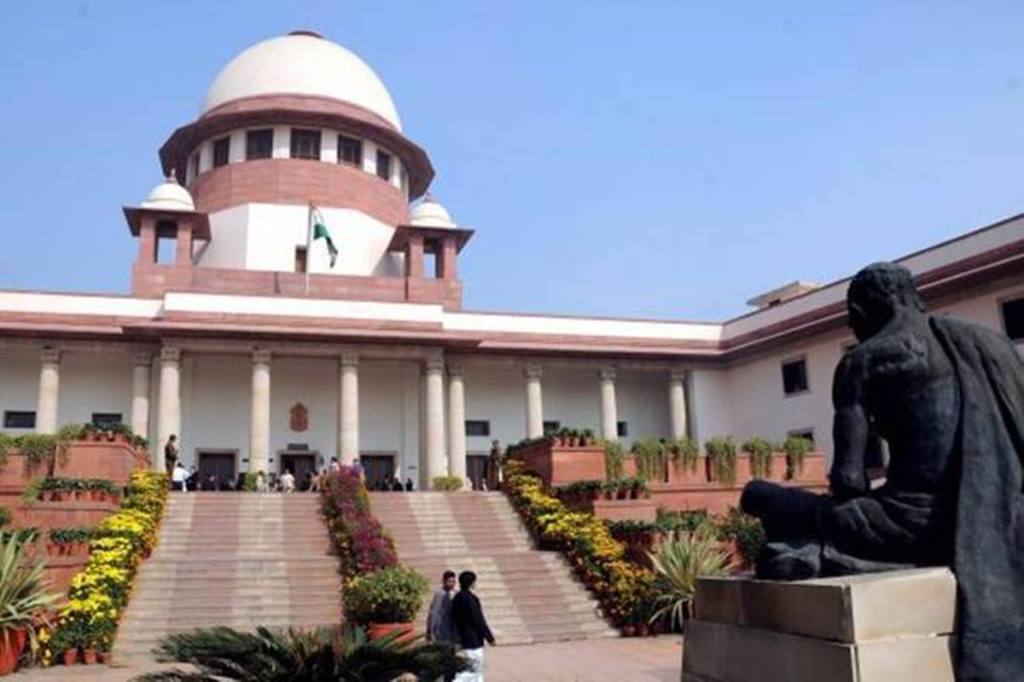The Supreme Court today dismissed a writ petition filed by the Maharashtra government seeking a direction to the central government to make public the date from the caste-based census carried out in 2011. The Maharashtra government has sought the Socio-Economic Caste Census (SECC) 2011 data for implementing reservation for Other Backward Classes (OBC) in the local body polls. The apex court, however, quashed the state government’s plea on grounds that the central government has already submitted that the data is fraught with inherent errors. The apex court also directed the state election commission to issue a fresh notification for the 27 per cent, that were reserved for OBC, as general category and commence election process for them along with remaining 73 percent. It also asked the SEC to declare results of both polls simultaneously.
Dismissing the plea, the top court bench of Justices AM Khanwilkar and CT Ravikumar noted that the Union government has maintained the SECC-2011 was not an exercise to enumerate the data of backward classes. The Centre also submitted that the SECC-2011 was not a census exercise undertaken under the Census Act 1948. The Centre had submitted that the 2011 SECC was aimed at enumerating the caste status of households for delivery of targeted benefits and the exercise was carried out on the instructions of the concerned Ministry.
It may be recalled that on December 6, the apex court had stayed 27 per cent OBC reservation provision enacted by the Maharashtra government for local body elections. The quota had been introduced by the state government through an ordinance two months ago.
The Supreme Court’s decision to stay the OBC reservation would affect 567 seats out of the total 2,100 seats. Two days ago, the apex court had taken a serious note of the Maharashtra government’s decision of reserving the panchayat Samiti president post for OBC. The court had said that the decision was an attempt to overreach its earlier judgement.
Today, the court also noted that simply because the Maharashtra government is ready to comply with the triple test requirement doesn’t mean that the Union government can be directed to share the information which they themselves have classified as unusable. Giving the state government liberty to pursue other remedies available in law for their relief, the top court also noted that Maharashtra has already constituted a commission for collecting caste data for the purpose of reservation in local bodies, reported LiveLaw.

